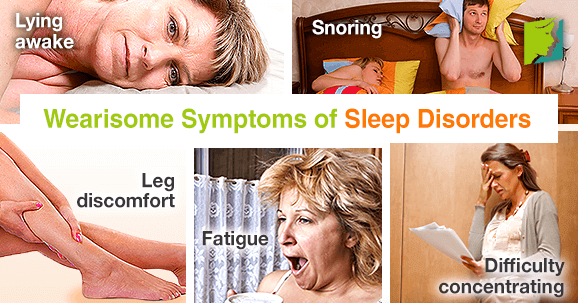Unfortunately, sleep disorders can become common during menopause. This is due to a sudden drop and fluctuation in sex hormones which can cause imbalances in melatonin, a compound necessary for restful sleep. It can also cause stress hormones like cortisol to increase and worsen your condition.
This is upsetting because with all the struggles you can face during this transition, your body needs a good night's rest to cope. Instead, you're faced with a list of symptoms that continue into the night. Keep reading to learn more about what you may experience. Rest assured that you're not alone.
Lying Awake
If you've experienced insomnia, you know what it's like. Tossing and turning for hours, closing your eyes trying to will yourself to sleep, and checking the clock while getting more anxious with every hour that passes. Sound familiar? All these components are key symptoms of insomnia. The more you think about falling asleep, the less likely you'll be able to. This is when stress takes over and cause your worries to multiply. This cycle may happen randomly, or it can be a nightly struggle.
Snoring
You do not need to have a sleep disorder to exhibit this symptom. There are many reasons for snoring; however, it is closely linked to sleep apnea. This is when your airways become closed off during the night. This can cause snoring, or you may wake up gasping. The snore practiced during sleep apnea usually sounds like erratic and intense snorting. Sleep apnea can be dangerous at times, so if you find it is an ongoing occurrence, you may want to see your doctor.
Leg Discomfort
When you get tingling, cramping, or burning sensations in your legs, it can wake you up. You feel better upon moving it, but it means that you are once again awake and unable to fall back to sleep. This experience can occur multiple times throughout the night or only occasionally.
Fatigue
After a night without deep slumber and dreams, you will likely feel fatigued. When your alarm goes off in the morning after you've finally fallen asleep it can be a devastating moment because you know you don't have the energy you need to seize the day. Heavy eyes and slow movement carries you through the day. Your tiredness can make you extremely irritable or even depressed.
Difficulty Concentrating
When you are fatigued, it can become difficult to complete even the simplest task. You can experience a thick mental fog, which means that even choosing what to buy at the store becomes a math equation. The situation becomes more serious when fatigue makes it difficult to complete tasks at work because their demands are too complex for your tired mind.
If you experience one or more of these symptoms, then sleep disorders might profoundly disrupt your quality of life. Try to get regular exercise during the day, meditate and eat a balanced diet for relief. You can also try a valerian supplement, as it's known to promote restful sleep.
Follow the link below for further information on how to mange sleep disorders during menopause.
Sources
- National Institutes of Health. (2013). Sleep Disorders. Retrieved March 21, 2014, from http://www.nlm.nih.gov/medlineplus/sleepdisorders.html
- University of Maryland Medical Center. (2013). Adult Sleep Disorders. Retrieved March 21, 2014, from http://umm.edu/programs/sleep/health/sleep-disorders/adult#d




